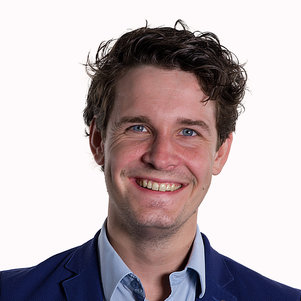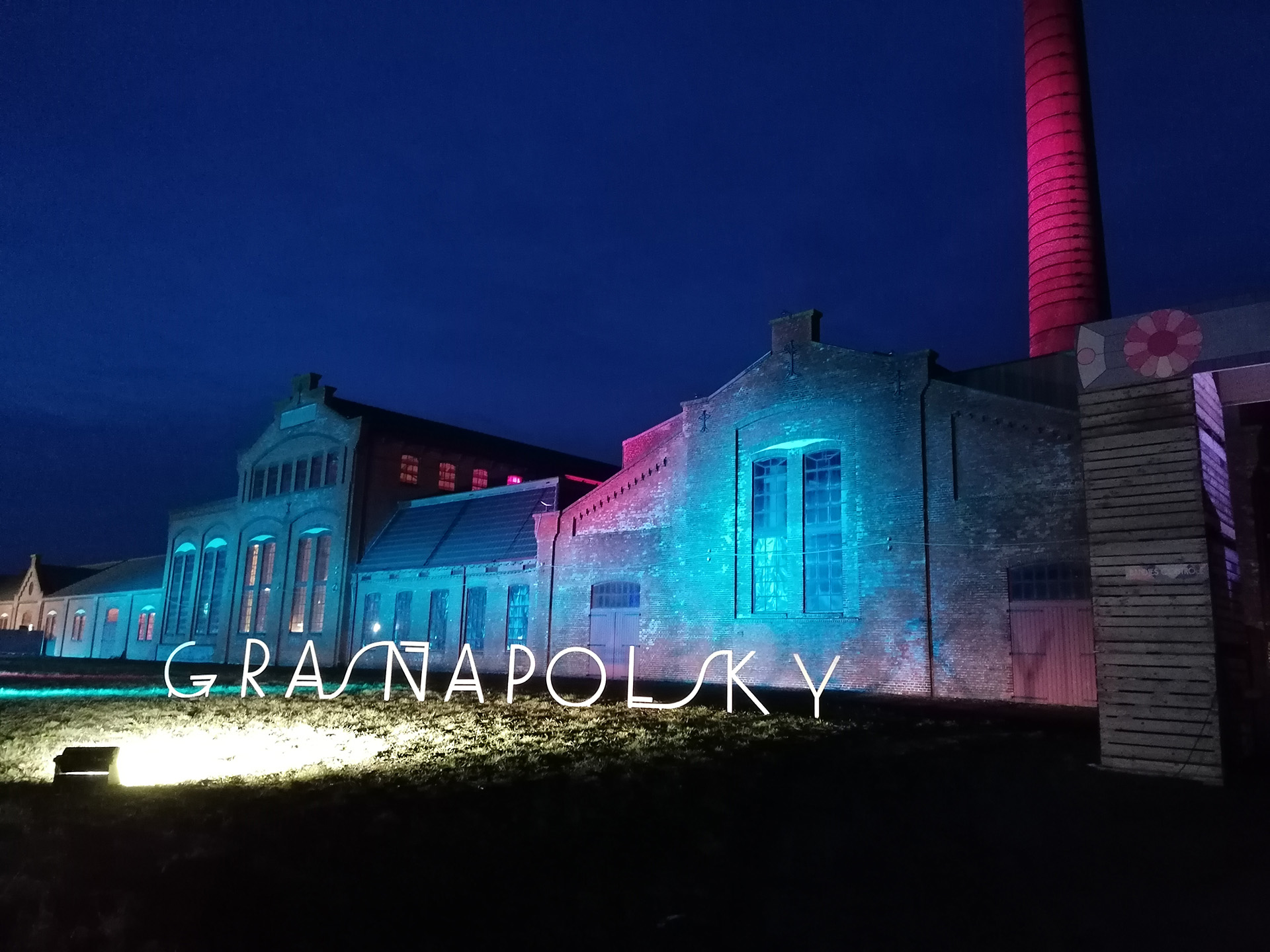Many young people are leaving the countryside, but it is a trend that can be reversed. The re-use of empty farm buildings can create housing and work spaces, while cultural festivals generate interest and excitement, according to PhD research by Maarten Koreman. “The truth is that many young people do not want to leave at all.”
In rural areas, many livestock buildings are empty and this is only set to get worse in future. Should they all be demolished? Certainly not, as proved by several recent instances of re-use. For example, the living area of the former Mouthoeve cattle farm in Boekel, Brabant, has been converted into a brasserie, while the field barn now houses office space and the former cowshed has become a shopping street. In Raalte in Overijssel, a pig farm was turned into an agricultural innovation centre with offices and research facilities for startups. It provided the two rural communities, both of which have very active local governments, with employment opportunities of interest to young adults. "If suitable housing is also provided in the area, developments of this kind act as a magnet for young people," says researcher Maarten Koreman. "That’s because many of them would love to live in the countryside."
House viewings
A survey he conducted among young adults showed that many of them would like to live outside cities in the future. It is space, peace, and nature that appeal to them. Consequently, the Dutch countryside is not experiencing the mass emigration of young people from villages with ageing populations, as is the case in France. Nonetheless, young people have to overcome the obstacles to realise their dreams. Unlike in cities, the problem is not so much about high house prices, but the fact that there is too little housing available. “A frequently heard comment is that you meet all your friends at the few house viewings in your village," says Koreman.
The housing stock in rural areas is limited, and not always fit for young adults, while few new homes are being built. Indeed, the building of new homes is banned in some places. As tighter nitrogen regulations result in more farm buildings falling vacant, there is all the more reason to consider the future of existing farm sites, he notes. Old cattle sheds built from brick can sometimes be transformed into housing. However, barns built after 1965 are mostly unsuitable for this purpose. But replacing them with homes is often possible, under the so-called 'space-for-space' scheme, even if there is no residential designation.
Another obstacle is the lack of employment opportunities in rural areas. Anyone working in central government or the financial sector really needs to be in the towns and cities. Yet since the pandemic, more young adults have moved to rural areas, as Teams and Zoom have enabled remote working. The transformation of empty farm buildings into offices or commercial space also offers opportunities here.
Festivals
The lack of cultural offerings is another barrier for young people wishing to settle away from cities. Despite this, as Koreman notes, the idea that music, theatre and festivals are all concentrated in urban areas is not correct. There is an increasing number of rural events that attract large audiences, including from the cities. This has enabled some rural areas to shake off their 'negative' image. Oldambt in Oost-Groningen, for instance, has put itself firmly on the cultural map with festivals such as 'Grasnapolsky', 'Waterbei' and 'Hongerige Wolf'. "It helps boost an area’s sense of pride, creates connections between rural and urban citizens and makes the area more attractive to city dwellers as a place to settle."
Political representation
Young people themselves have a responsibility in creating rural development, he observes, and they are taking up the gauntlet in many places. The government, too, could also play a more active role. The great majority of cultural grants go to the Randstad region, especially to the large cities. “This is unfair, he believes, as cultural development should enrich people throughout the country.” H notes that the uneven distribution of grants is due to the political over-representation of the 20 most-urbanised municipalities in parliament and the government.
A national programme like 'Regio Deals' was meant to support broader welfare throughout the country and especially in areas that previously lacked attention from the national government,. But it is still largely benefiting urban areas. There are also ideas for achieving better representation of rural regions in national government through reforms of the electoral system. "Whether the habitability of rural areas improves in the next few decades depends on political decisions of this kind," Koreman observes. "The fact is that young adults are still keen to live in rural areas. Their dreams for the future deserve a higher priority."
Published: March 2024
More information
- On 12 April 2024, Maarten Koreman will defend his PhD thesis, 'Rural futures for young adults: Rural development and regeneration in the Netherlands'.
Header image: copyright of photographer Jan Lenting


